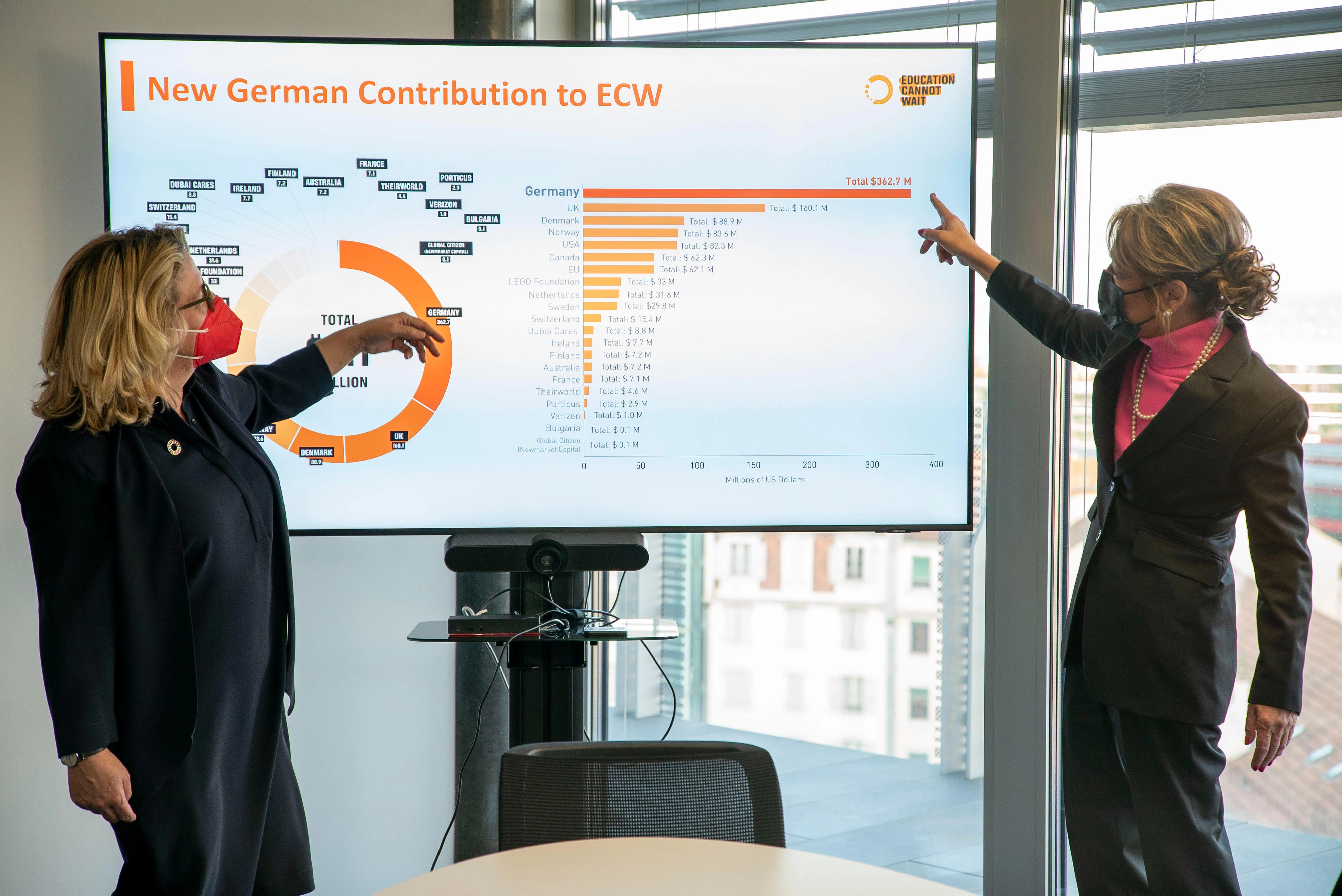Top German economic experts have come up with an idea to help boost financial markets in a traditionally risk-averse country -- give out small sums to kids to make their first investments.
The Council of Economic Experts, an influential, independent academic body, said there was a lack of venture capital in Germany, which was indispensable for long-term growth and strengthening new investments.
They suggested integrating financial education better into the school system in Europe's biggest economy, and introducing a scheme to help youngsters take their first steps into the markets.
This would involve the government providing every child, from the age of six up until they are 18, with 10 euros ($11) a month in the form of a share in a fund, the experts said, in their annual report.
It would cost the state an estimated 1.2 billion euros a year. The idea is based on a model that has been in place in Israel since 2017, according to the five experts on the council.
"While venture capital investments have increased, there is still a need to catch up in terms of financing the growth of young companies," they said.
Despite lagging behind some other countries, the culture of stock market investing has been gaining ground in Germany in recent years, particularly among the young.
The experts' recommendations come as the German economy struggles, with inflation still high, its vital industrial sector in the doldrums, and weakness in key trading partners.
While the shock of Russia’s invasion of Ukraine and subsequent surge in energy prices have been blamed for many of the problems of the past year, analysts also point to broader structural issues that could hold Germany back, such as an ageing population and a lack of skilled workers.
In line with other recent predictions, the council of experts forecast the economy will shrink 0.4 percent in 2023.


